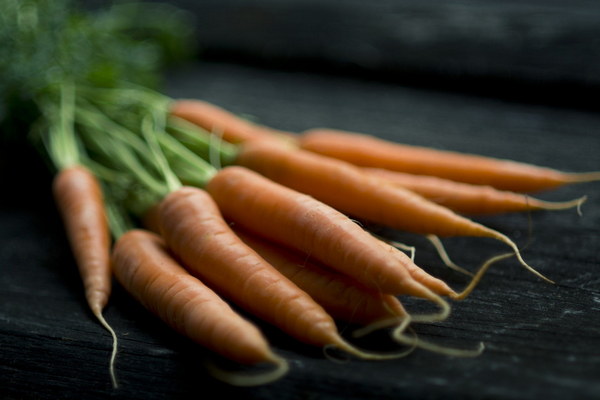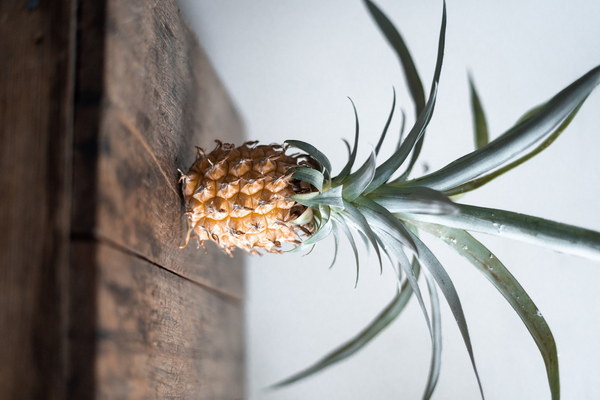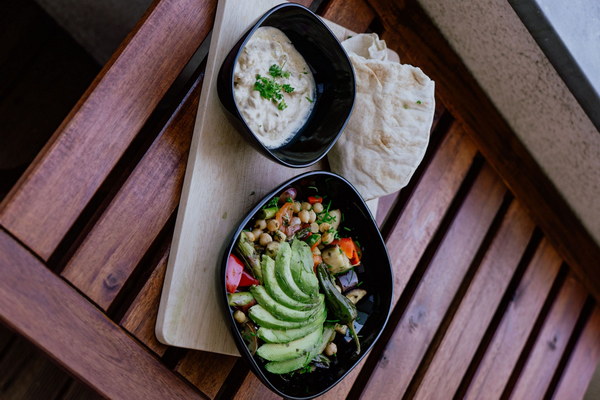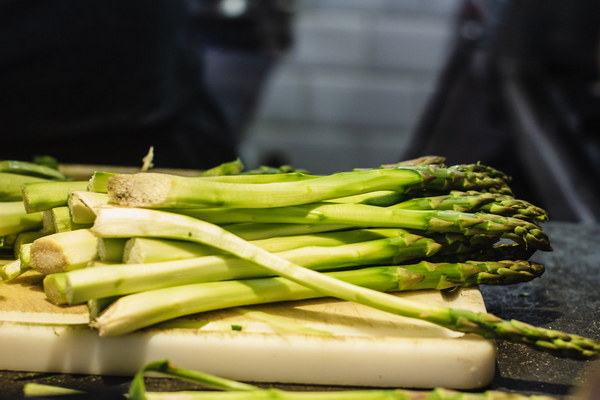The Healing Power of Herbs Discover the Wonders of Traditional Chinese Medicine Cuisine
In the heart of ancient China, a culinary tradition intertwines with medicinal wisdom to create a unique blend known as Yao Shan, or Herbal Cuisine. This exquisite fusion of flavors and health benefits has been passed down through generations, offering a glimpse into the profound connection between food and wellness. Let's delve into the enchanting world of herbal cuisine and uncover its secrets.
The Concept of Herbal Cuisine
Herbal cuisine is rooted in the principles of Traditional Chinese Medicine (TCM), which has been practiced for over 2,500 years. According to TCM, the human body is a harmonious system that maintains balance through the interaction of Yin and Yang. When this balance is disrupted, illness arises. Herbal cuisine aims to restore this balance by incorporating specific herbs and ingredients that possess healing properties.
The Key Ingredients
Herbal cuisine is a treasure trove of natural ingredients, each with its unique flavor and medicinal properties. Some of the most commonly used herbs include:
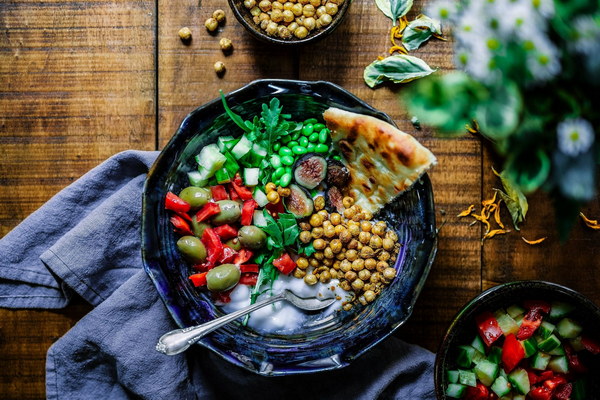
- Ganoderma Lucidum (Reishi): Known for its immune-boosting and anti-aging properties, Reishi is a favorite among herbalists.
- Goji Berries: Rich in antioxidants and vitamins, Goji berries enhance vitality and support overall health.
- Astragalus Root: This adaptogenic herb strengthens the immune system and promotes longevity.
- Cinnamon: A warm and aromatic spice, cinnamon helps regulate blood sugar levels and improves digestion.
- Green Tea: Packed with antioxidants, green tea supports heart health and aids in weight loss.
The Art of Cooking
Herbal cuisine is an art form that requires precision and skill. The key to cooking with herbs lies in understanding their properties and using them in harmony with other ingredients. Here are some tips for mastering the art of herbal cuisine:
- Balance: Strive for a balance between sweet, sour, salty, bitter, and spicy flavors to create a well-rounded dish.
- Seasonality: Incorporate seasonal ingredients to ensure the freshest and most potent flavors.
- Cooking Techniques: Use a variety of cooking methods, such as steaming, sautéing, and simmering, to preserve the nutritional value of the herbs.
Health Benefits
The health benefits of herbal cuisine are numerous and well-documented. Here are some of the key advantages:
- Boosts Immunity: Herbs like Astragalus and Goji berries can strengthen the immune system, protecting against diseases.
- Promotes Digestion: Herbs like Cinnamon and Ginger can help improve digestion and relieve bloating.
- Enhances Mental Clarity: Herbs like Green Tea and Gingko Biloba can improve cognitive function and memory.
- Supports Heart Health: Herbs like Hawthorn and Garlic can help lower cholesterol and blood pressure, reducing the risk of heart disease.
Culinary Delights
Now, let's explore some mouthwatering herbal cuisine dishes that you can try at home:
- Goji Berry and Reishi Chicken Soup: A soothing and nourishing soup that boosts the immune system and promotes longevity.
- Stir-Fried Tofu with Astragalus and Goji Berries: A flavorful and healthy dish that supports overall well-being.
- Herbal Tea with Cinnamon and Honey: A warming and invigorating drink that improves digestion and boosts energy.
Conclusion
Herbal cuisine is a testament to the rich culinary heritage of China and the profound connection between food and health. By embracing the principles of Traditional Chinese Medicine, we can harness the healing power of herbs and enjoy delicious, nutritious dishes that nourish both body and soul. So, why not embark on a culinary adventure and discover the wonders of herbal cuisine today?

